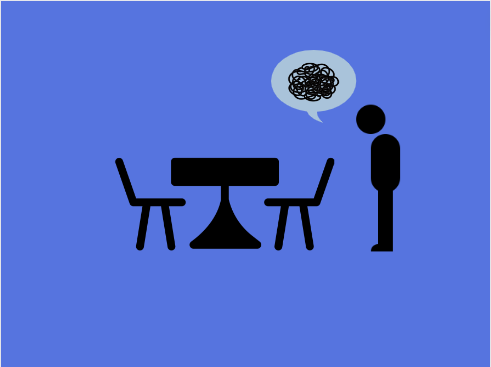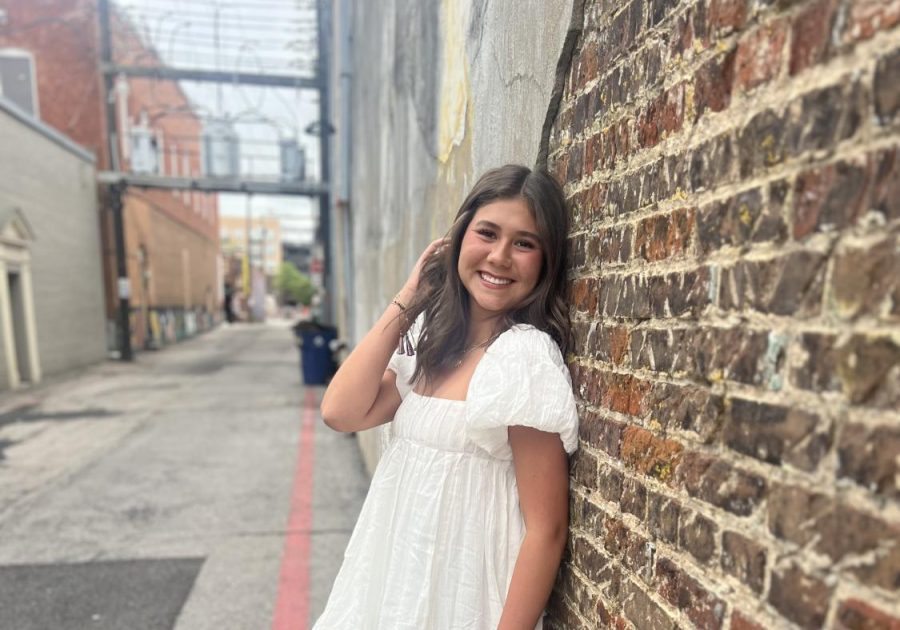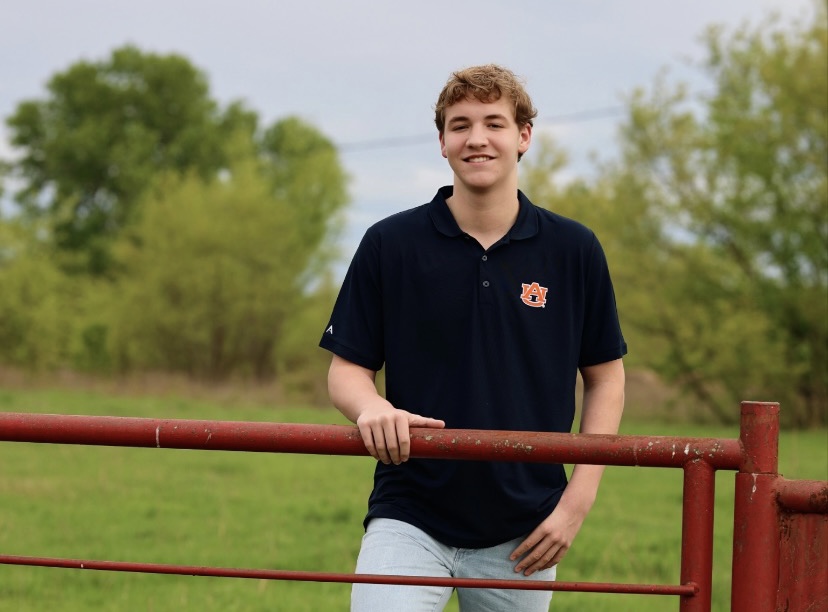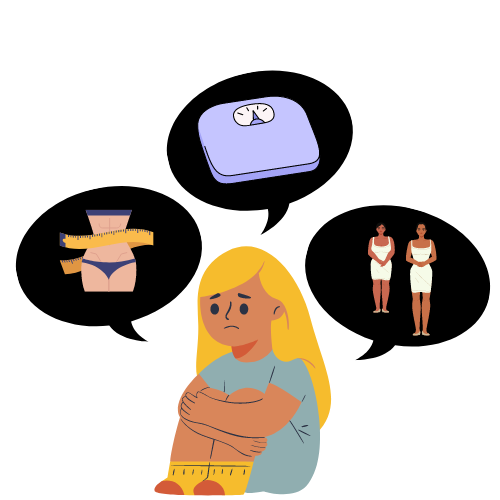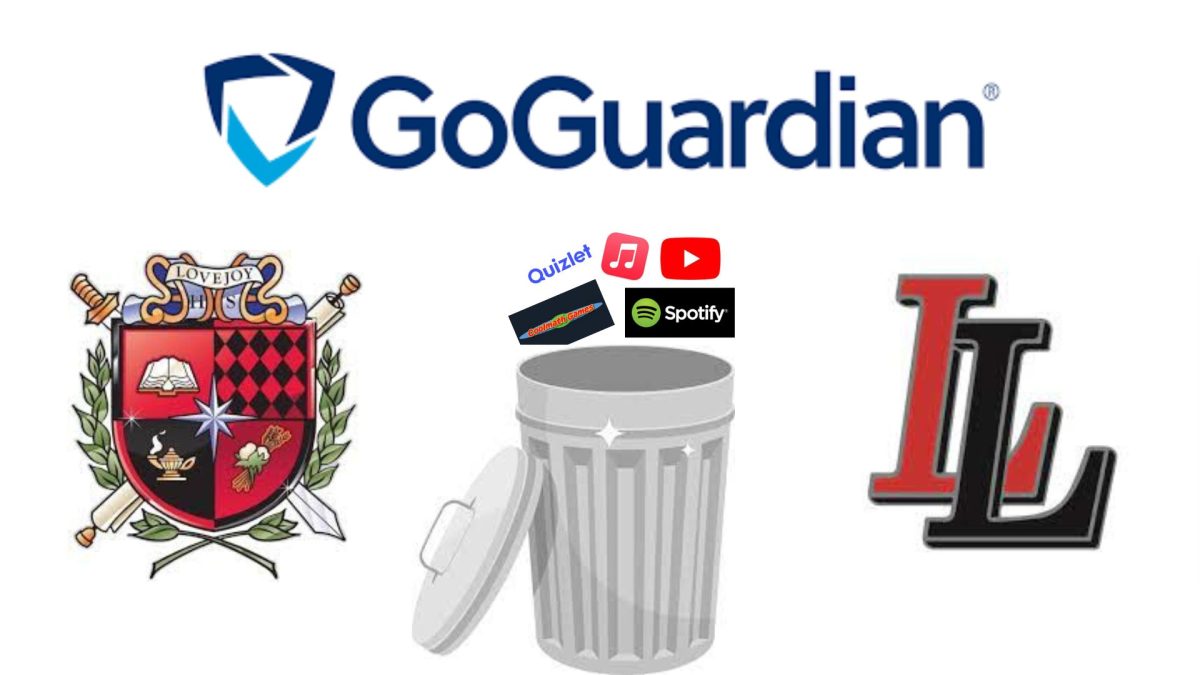Children are this world’s most precious resource. They are innocent, pure, and carry the hope for a better future upon their backs. Yet our world continues to marginally ignore and make excuses for mental health issues that plague them.
I know the lostness a child can feel when their minds are running wild, escaping their control. I know how lonely they can feel because no one told me that it was okay to feel scared. No one told me it was normal to be anxious. As a ten-year-old kid, despite feeling it so starkly, I didn’t know what the word “anxiety” really meant.
The world around me attributed it to shyness– just a sign that I would become independent as I grew up. But deep inside, I didn’t like being alone.
All I knew was that I felt scared, isolated, and defective. Kids don’t know how to articulate how they feel. They don’t know how to attach words to the pain they feel. Just asking a kid to tell you what’s hurting when they get injured is a struggle in itself, nevermind trying to have them explain something as intangible as emotional pain.
I don’t think this is because they aren’t capable of doing so. Instead, I think it’s because they haven’t learned about these things yet. Someone has to be taught the alphabet in order to write and know equations in order to do the math–teaching kids about mental illness is no different.
It’s a hard subject to bring up with children because we like to believe that in their innocence of childhood, they are not subjective to mental health issues, but this simply isn’t the reality. People of all ages experience mental health issues. We need to give children the tools and understanding to work through their internal conflicts. It’s simply ignorant to believe they will go the entirety of their adolescence without feeling some sort of personal strife.
Even if it’s not the child themselves who are experiencing this pain, they likely have a family member who is. Kids aren’t stupid– they can sense when something feels off. Keeping them in the dark will only harm them. Educating them on mental health, even if it is in a small way, will help them understand why the people around them act the way they do.
Some may argue that teaching kids about mental health may create a sort of self-fulfilling prophecy– that in educating them about depression and anxiety they may develop an affinity for these issues. However, people have to understand that mental health issues are not like the common cold. People aren’t ‘infected’ with depression through contact or exposure. Mental illness is a chemical imbalance in the brain, not a germ that stays for a week and leaves.
This isn’t about medicating children to make them quiet and calm or forcing them into categories to explain erratic behavior. It’s about supporting our youth. The arguments against as much are weak. There is nothing more important than protecting the generation below us and keeping them safe and happy. Teaching them about their own minds is a small step to help solve a bigger problem.




